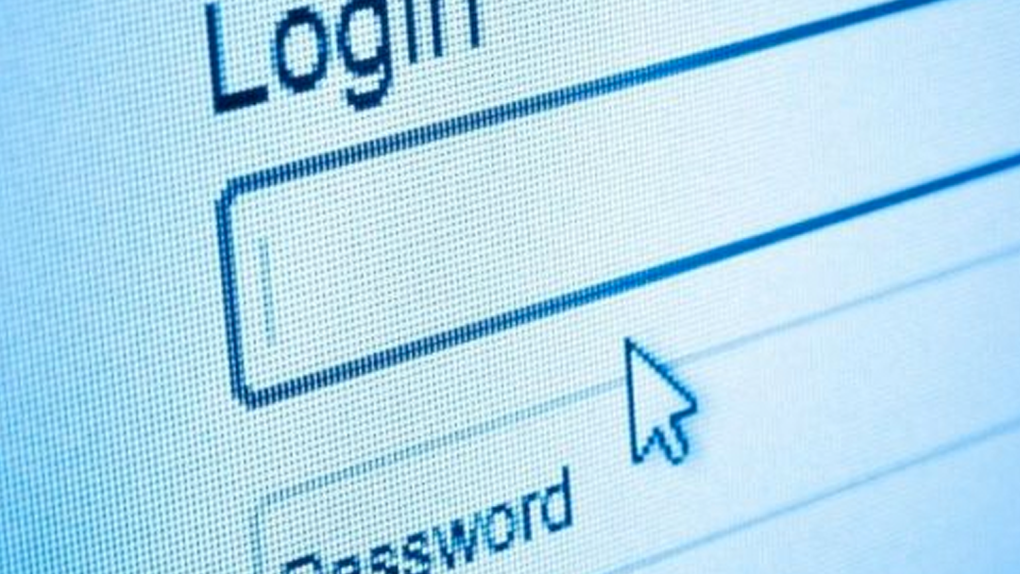Every time I hear about a major hack that compromised the security of millions of people, I remind you that it’d be a good idea to invest in a specialized piece of software that can secure all of your passwords, and which only requires you to remember a single log in. There are many players in this business, but 1Password is probably the best. It’s probably the service I’d recommend to you without hesitation. But it looks like the company made a couple of critical changes to its business model without disclosing them in a clear manner. So I’m finding it really difficult to recommend it at this time.
Pay a one-time license fee for 1Password (available on desktop and mobile), and you get to save all the logins you want. You can even sync them with your mobile devices and cloud services, but fundamentally, the data is stored locally unless you sync it with any clouds — which means hackers would have no way of hacking 1Password to get to your logins.
That’s how it used to be.
In the near future, 1Password will push a subscription-based service to customers, and all those logins will be stored in its cloud rather than on-device. These are two major, unexpected changes that many 1Password users are just finding out about, Android Police and Motherboard report.
There’s nothing wrong about a company choosing a subscription model for its software products. I happen to be a buyer of such products, and I’d have nothing against paying a subscription fee for 1Password. But the problem is that I have already bought a license for it, like many other people. And 1Password is anything but forthcoming about the payment change and how it’ll affect existing clients in the future. What’s clear is that new users are somewhat forced to go for the cloud-based subscription version of 1Password.
The fact that 1Password will move all passwords to the cloud gives security experts reasons to be concerned.
Your passwords won’t be stored locally anymore as it’s the case now. That’s good news with a huge caveat. As unlikely as it may be for hackers to crack 1Password’s layers of encryption and steal millions of passwords, the risk is there in theory. Not to mention that it’s a lot more lucrative for hackers to try to crack open a 1Password safe containing millions of username and passwords than trying to trick each individual user into somehow giving them access to their computer.
1Password is still one service to consider for storing the keys to your online life. But if you’re worried about these upcoming changes, you’d better look for an alternative right away.








